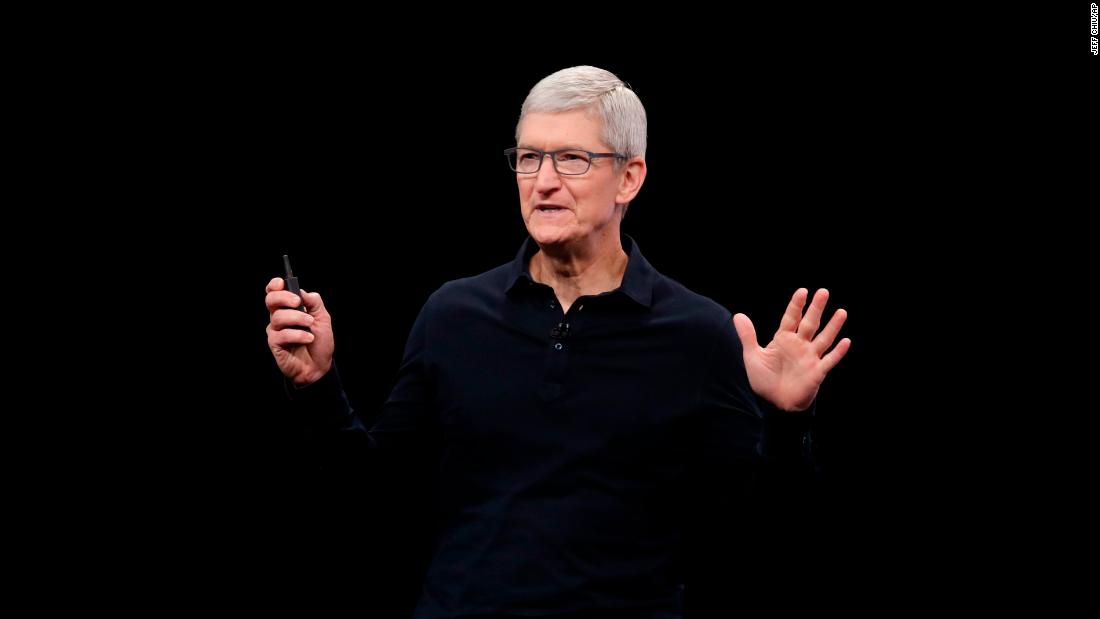There are some clues available, though. Apple holds a portfolio of automobile-related invention patents that provide a peek into what an Apple car might look like. Patent documents filed with the U.S. Patent and Trademark Office paint a picture – albeit relatively vague – of a luxury vehicle designed to be highly automated and easy to use.
Here are just a few of the more interesting automotive patents from Apple.
This innovation could be big for Apple, making it easier for people to use iPads, Macs, or other devices while riding in a car, especially self-driving cars, without the car getting dizzy.
In one example, the system could display content a passenger would like to view, such as a book, as virtual content outside and at a distance from the vehicle. In this way, the passenger can read the page as a stationary object in the external environment while still seeing visual cues about the vehicle’s movements, allowing him to “work, watch, or read comfortably without experiencing motion sickness as might happen if the passenger were trying to work or display the content on a screen Actual on a laptop sitting on their lap, „the patent states.
„Thus … the VR system may aid in productivity, as occupants in vehicles may work comfortably while riding in the vehicle,“ she says.
What’s more, it indicates that virtual reality experiences in a moving vehicle can provide „enhanced immersive virtual experiences“ for passengers who are not enabled, for example, from a VR entertainment system in one room of your home.
Climate Control
It uses sensors inside and outside the car, as well as other potential inputs, to measure data such as the temperature of car seats or certain parts of a passenger’s body, or the amount of sunlight that shines on the window or sunroof. This information can be used by the climate control system to create a comfortable environment inside the vehicle for passengers.
The system is also designed to communicate with the user’s wireless devices to access information such as „user health data, user activity, and user preferences“ for more information on the ideal climate inside the vehicle.
Based on the description, a vehicle with this technology may be able to sense, based on the temperature of the leather seats and other data, that it is hot outside. And you may know, by connecting to your iPhone, that you just ran. Thus, it can automatically adjust the car’s climate settings to help cool you down.
„A system and method for dynamic privacy and window tinting“
The invention described in this patent is a color film covering the exterior of a vehicle that is modified based on data from various sensors, as well as “explicit” and “implied” requests or orders for coloring.
For example, at night, the system can automatically reduce the level of tinting so that the passenger of the car can see the light through the window, such as street lights and other cars. But if the rider closes their eyes, it could darken the shade to make sleep more comfortable, according to the patent.
As an additional example, “the patent states,“ A vehicle passenger may place beams in the rear area of the vehicle. The vehicle tinting system may automatically adjust the adjustable exterior color to prevent others from viewing the beams. ”
While the invention is discussed in the context of the vehicle, the patent adds that it can also be used for privacy and shading in other settings, such as residential or commercial buildings.
Vehicle Locating Method
It is a way in which a „laptop“ – for example, your iPhone – can connect to either your car or the parking structure using a wireless connection such as Bluetooth to help locate your vehicle. The location is determined using sensors in the vehicle and in the garage.
In some cases, other information may be provided in addition to or in place of the location data, including payment information such as „rates charged for parking, where and how to pay, and / or the amount payable depending on the specific parking location and parking duration“ , The patent states.
Negative Alignment Charging Station
Most of us are aware of the discomfort of having to get out of a car for gas when it’s raining, cold or dark outside. What if you don’t have to get out of the car to plug into an electric vehicle? That’s what Apple aims to enable with this invention.
With this tool, an electric car can automatically connect to a charging station without human assistance after being parked next to the charger (either by the driver or with self-driving capabilities). The charger also has an optional height-adjusting mechanism, to ensure the plug reaches the car’s charging port.

„Obhájce Twitteru. Zombie fanatik. Hudební fanoušek. Milovník cestování. Webový expert. Pivní guru. Kávový fanatik.“


